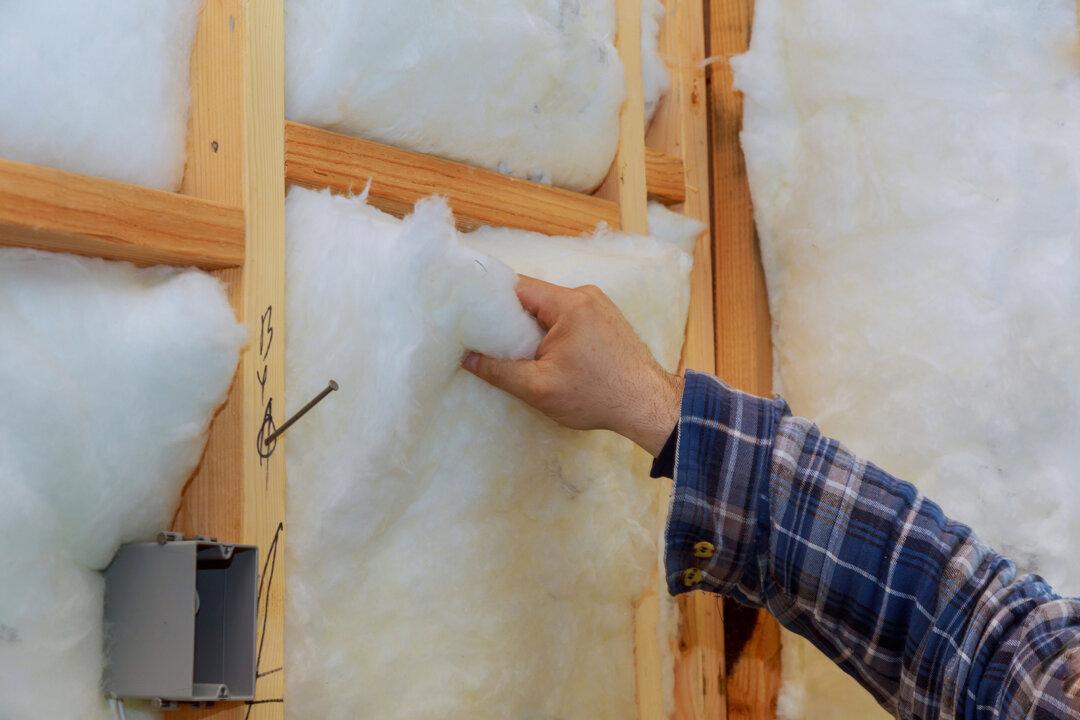By Paul F. P. Pogue
From Ask Angi
Given how much energy and money we pour into heating and cooling our homes, it makes sense that you'd want to preserve that conditioned air as long as possible. Insulation plays a key role in keeping your hard-won controlled climate right where it needs to be, by maintaining your temperature as long as possible.






